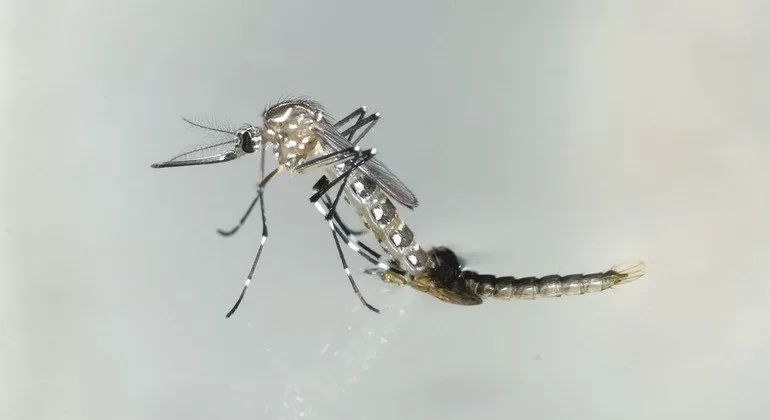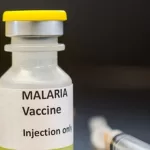New Delhi, August 3, 2024 — Union Health Secretary Shri Apurva Chandra convened a high-level inter-ministerial meeting today to assess the dengue situation and preparedness across nine high-burden states. The meeting, held in a hybrid format, brought together officials from the Ministry of Housing and Urban Affairs (MoHUA), state health departments, and 18 municipal corporations from major cities including Delhi, Mumbai, and Bengaluru.
The focus of the meeting was on strengthening prevention, containment, and management strategies for dengue, particularly with the monsoon season underway—a period when dengue cases typically surge. Shri Apurva Chandra emphasized the critical role of collaboration among stakeholders, including the Urban Development Ministry, state governments, municipal corporations, and local self-government bodies.
Key Recommendations and Strategies
Shri Chandra highlighted the need for proactive measures, noting that dengue cases have been on the rise over the past four years, with the current year’s figures already 50% higher compared to the same period last year. He stressed the importance of timely and effective response strategies to manage outbreaks and reduce fatalities.
Among the key recommendations were:
- Identification of Hot Spots: States are advised to identify and monitor high-risk areas more closely.
- Increased Vector Surveillance: Enhanced surveillance and geotagging of dengue cases to implement targeted preventive actions.
- Hospital Readiness: Ensuring hospitals are equipped to handle a potential surge in dengue cases, including the availability of platelets and necessary medical resources.
The Union Health Secretary underscored the progress made in reducing dengue fatality rates, from 3.3% in 1996 to 0.17% in 2023, attributing this success to collaborative efforts and timely interventions. He encouraged states to prepare for the peak dengue season, typically spanning August to November, and to submit proposals for additional support if needed.
Collaborative Efforts and Public Health Measures
The meeting also emphasized the need for a Joint Action Plan between the Health Ministry and MoHUA to enhance the impact of dengue control measures. Shri S.P. Singh, Additional Secretary at MoHUA, outlined ongoing initiatives such as the “Safai Apnao, Beemari Bhagao Campaign” and the Swachh Bharat portal, which aim to eliminate stagnant water and prevent waterlogging—key factors in mosquito breeding.
Comprehensive Approach to Dengue Control
The Health Ministry has implemented several strategies to combat dengue, including:
- Disease and Entomological Surveillance
- Case Management and Lab Diagnosis
- Vector Management – including environmental management and chemical control
- Outbreak Response – preparedness and media management
- Capacity Building – through training and operational research
- Behavior Change Communication – social mobilization and information dissemination
- Inter-sectoral Coordination – involving various ministries and departments
- Monitoring and Supervision – through field visits and feedback analysis
Additionally, the number of Sentinel Surveillance Hospitals has increased from 110 in 2007 to 848 in 2024, with updated national guidelines for dengue case management released in August 2023. Master trainers from medical colleges and district hospitals have been trained to improve clinical management and reduce deaths from dengue.
Background
Dengue remains a significant public health challenge, exacerbated by urbanization, inadequate waste management, and improper water storage practices. In 2023, India reported 2.89 lakh cases and 485 deaths from dengue, with urban areas contributing approximately 68% of the total cases.
The Union Health Secretary’s call to action underscores the importance of a coordinated response to control dengue and safeguard public health during the critical monsoon period.











